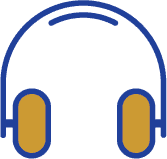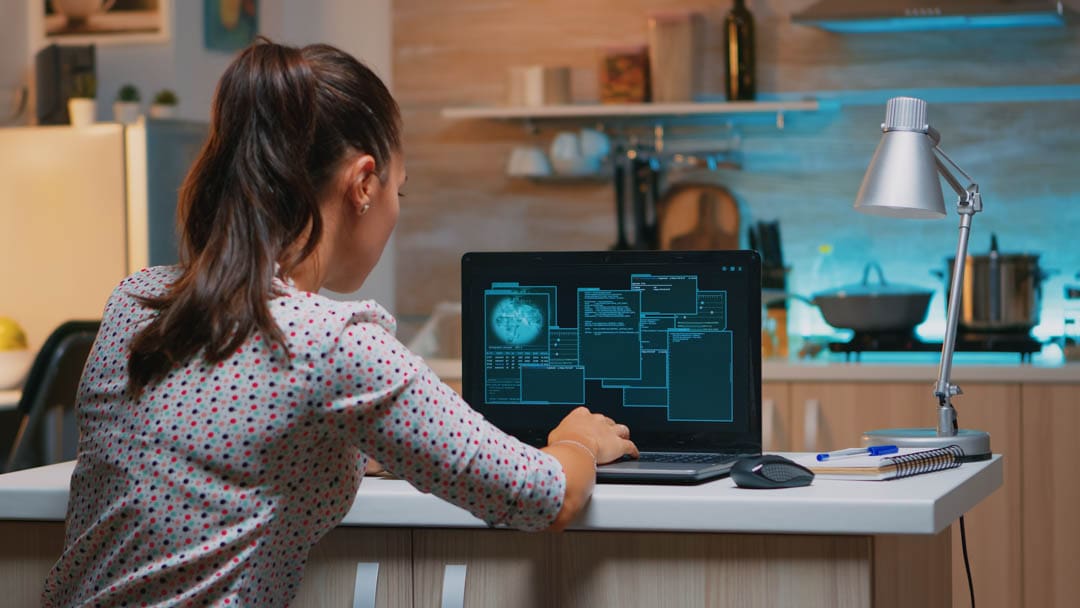Bardzo mi przykro, ale lekcje na platformie The Blue Tree działają jedynie na komputerze lub tablecie.
Do zobaczenia na większym ekranie 🙂
Zespół The Blue Tree
back to HOME > General Interest > Science stuff >
THE BLUE TREE
Science Stuff

CEFR B1
Intermediate
warm up
Answer the questions below.
- How good are you with computers? Do you like using a computer?
- How important are computers in your work/life?
- What do you think the future holds as regards computer development?
part one
key language
watch the video
COMPREHENSION
- ⌚ 0:10 Who was Ada Lovelace?
- ⌚ 0:18 What was she the first person to recognize?
- ⌚ 0:31 What is she famous for?
- ⌚ 0:55 What do we know about Ada’s early childhood?
- ⌚ 1:16 Who did she get in touch with when she was in her twenties?
- ⌚ 1:20 How did she use these contacts?

Andrew Cross
Crosse was an early pioneer and experimenter in the use of electricity.

Charles Babbage
A mathematician, philosopher, inventor and mechanical engineer, Babbage originated the concept of a digital programmable computer.

Sir David Brewster
He was a British scientist, inventor, author, and academic administrator. In science he is principally remembered for his experimental work in physical optics, mostly concerned with the study of the polarization of light

Charles Weston
He was an Australian horticulturist and was responsible for the afforestation of Canberra.

Micheal Faraday
He was an English scientist who contributed to the study of electromagnetism and electrochemistry. His main discoveries include the principles underlying electromagnetic induction, diamagnetism and electrolysis.
part two
key language
watch the video
COMPREHENSION
- ⌚ 1:24 How did Ada describe her approach to science?
- ⌚ 1:31 Who was her good friend and fellow mathematician?
- ⌚ 1:36 What was Ada particularly interested in?
- ⌚ 1:51 Why are Ada’s notes on Babbage’s article important?
- ⌚ 2:01 What happened to Ada in 1852?
- ⌚ 2:10 What is Ada’s contribution in the development of modern computers?
- ⌚ 2:25 What questions was she asking in relation to the analytical engine? Is this question valid today?
DISCUSSION
Answer the questions below.
- When did you get your first computer?
- Do you think children should learn more computers and computer programming?
- Can you imagine your work/life without computers?
- Ada Lovelace had a ‘poetic’ approach to science? What do you think it means?
- Can science solve humanity’s most pressing problems?
- Are there any disadvantages to the advent of computers and the Internet?
- Can you guess who drew the picture below?
POLL
Cast your vote in the poll.
lesson glossary
COMMENTS
How important are computers in today’s world? How do you see the development of the computer sciences? What are the pros and cons of computers and the Internet?
Share your views and opinions below.
1 Comment
Submit a Comment
You must be logged in to post a comment.




As far as I am concerned, computers are quite important in today’s world. Most of jobs cannot be performed without them, but still fortunately there are some fields which require human being such as human care, gardening etc.
I think that the key factor for the world’s future development is a good balance between the development of the computer sciences (maybe which can not be stopped) and manual input in work as far as we think about limiting unemployment. Sometimes I am afraid that computers deprive us of work. And this concern keeps me from enjoying working on a computer.
But, of course, there are also a lot of advantages such as easier work, time reduction of performing some tasks, easy access to knowledge, or sharing experiences on social media, to name a few.